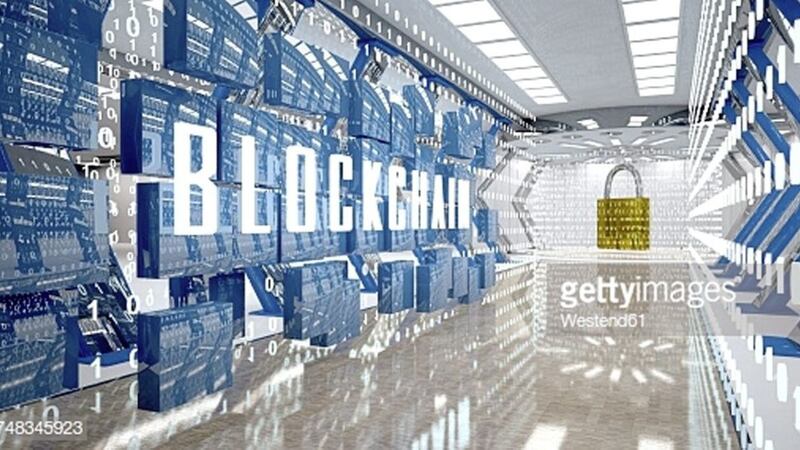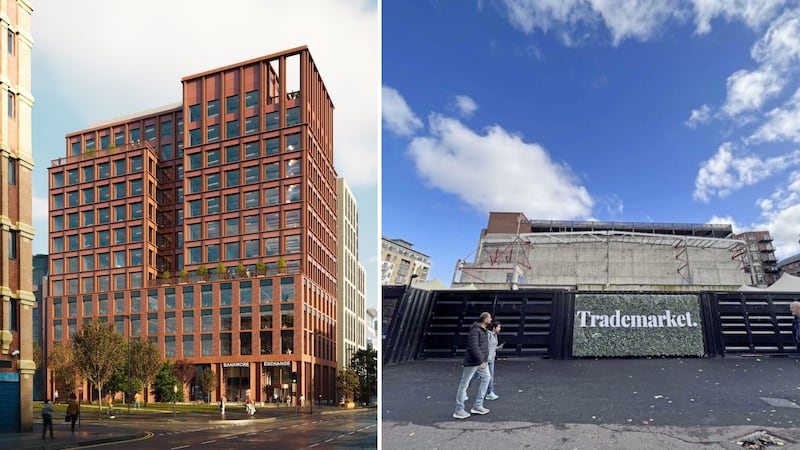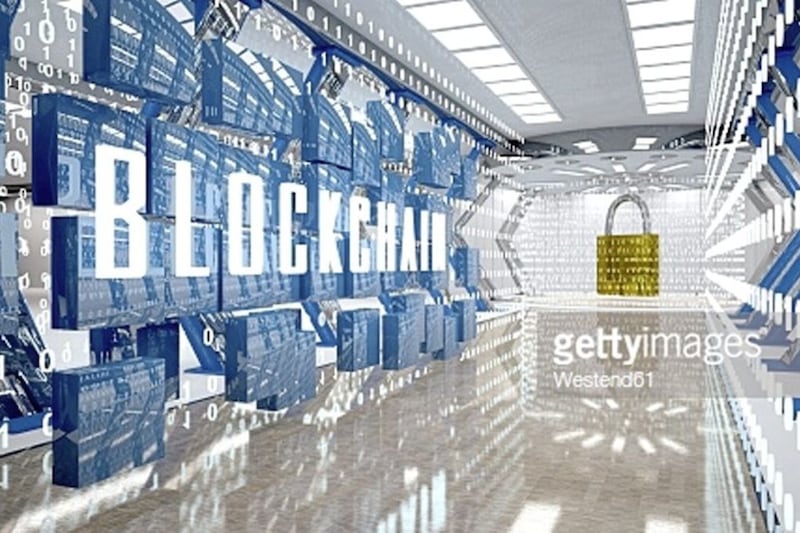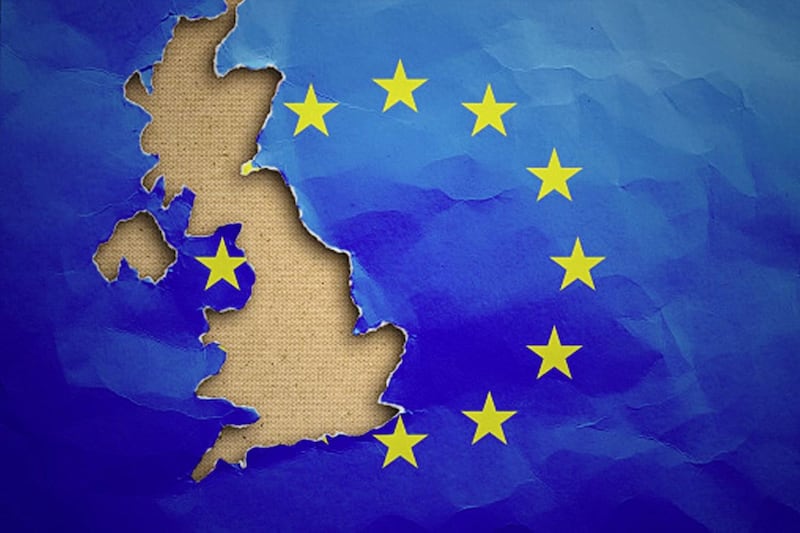WHEN I began my legal career, being ahead of the game in the digital age was knowing how to send a read receipt on an email. However, digital innovation waits for no lawyer and blockchain and smart contracts have the potential to entirely disrupt every sector we practice in.
Firstly, it's worth considering what exactly blockchain is. In simplest terms, it's a digital decentralised database, where the data is chronologically saved and once input cannot be amended. The technology behind blockchain (which is used by cryptocurrencies such as Bitcoin) allows transactional information to be stored, traced and traded securely and privately between multiple users who are all connected to that blockchain network without the need for intermediaries such as banks and lawyers.
Contained within each "block" of data can be "smart contracts", namely computer code, which can in pre-agreed scenarios trigger events such as payment of compensation or damages without the need for human involvement. It is predicted that by 2020 66 per cent of banks worldwide will offer a commercial blockchain solution.
In the real estate sector, blockchain will undoubtedly change the way we purchase, lease and manage property portfolios. Our Dubai office is already witnessing this as the Dubai Land Registry, and indeed all Dubai government documents, are scheduled to be put on to blockchain within three years.
Smart contracts can be adapted to tenancy agreements so terms such as rent value, payment and information around the state of the property are agreed and signed digitally between the landlord and tenant. Following this, the payment of the rent and eventual return of the deposit and payments to agreed contractors can all be carried out automatically via the smart contract once the agreed criteria have been met.
In the transport sector we are already noticing transport companies starting to look at how blockchain technology has the potential to make supply chains more transparent and secure - and enable smarter and more efficient logistics. Through blockchain businesses can record and store not only the exact location of the product in real time but also where it has been, the checks it has passed and also information about the state of the product (e.g. which temperatures it has been exposed to) in a tamper and forgery-proof way. All of this can be accessed by the numerous businesses in the supply chain and potentially even the end customer when they scan a code on a product.
So blockchain technology appears to be here to stay, but from a legal perspective where is it located? How do we govern and tax entities that exist solely in cyberspace and can a computer code in a smart contract really determine issues of fairness? With GDPR now here, how can privacy be protected on an open system? Will we all become 'data controllers'?
Blockchain is the virtual infrastructure that will change the way we work, which, whilst a fundamentally simple idea, will present a range of legal complexities for business.
:: James Morrison (james.morrison@dwf.law) is a partner, commercial at DWF Belfast




